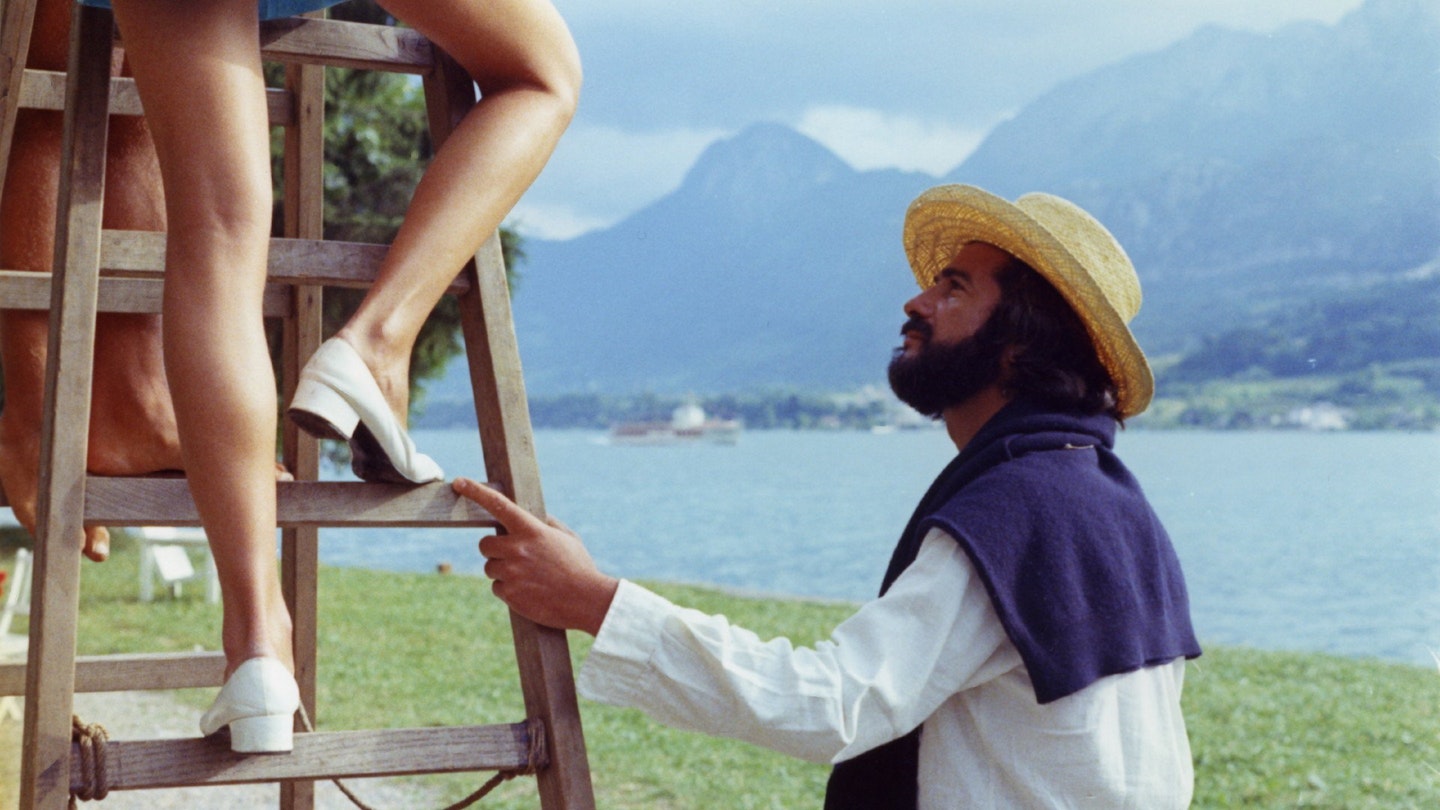As a critic at Cahiers du Cinéma, Eric Rohmer had acquiesced in the house denunciation of the literate style of French film-making that François Truffaut had branded `cinéma du papa'. Yet, the fifth of Rohmer's six Moral Tales is tantamount to a filmic novel. Gone is the spirit of improvisation that had inspired the dialogue in La Collectionneuse and in its place comes a sense of meticulous manipulation, as Rohmer appears to preside over proceedings like an author assembling notes and sketches to achieve a fuller understanding of his characters.
Yet, this delicious comedy of manners never feels like a formal exercise, even though Jérôme and Aurora clearly approach their intellectual game from a professional perspective. Having set the intrigue in motion, Aurora sits back to observe like the novelist she is, while the diplomat in Jérôme rises to the challenge of satisfying Aurora's curiosity, managing Laura's crush and proving his own contention that a physical gesture can be stripped of erotic or emotional meaning - all while remaining faithful to Lucinde, the fiancée he loves, but for whom he feels little passion.
Rohmer's genius for naturalistic conversation and the relaxed performances of his exemplary ensemble ensure that this deliciously illicit situation remains charming instead of becoming arch. But an equally significant factor is Nestor Almendros's seductive cinematography, whose greens and blues sustain the heady summer mood that separates this month by Lake Annecy from real life and, thus, ensures that Brialy's potential indiscretions (with all their fetishistic overtones) remain frivolously harmless.
Rohmer pokes gentle fun at Jérôme's attempts to find a rational justification for his absurd contention that touching Claire's knee will not only improve his relationship with her, but also assuage his doubts about marriage. But he never judges him because, unlike other Rohmer protagonists, he's fully aware of his folly.
